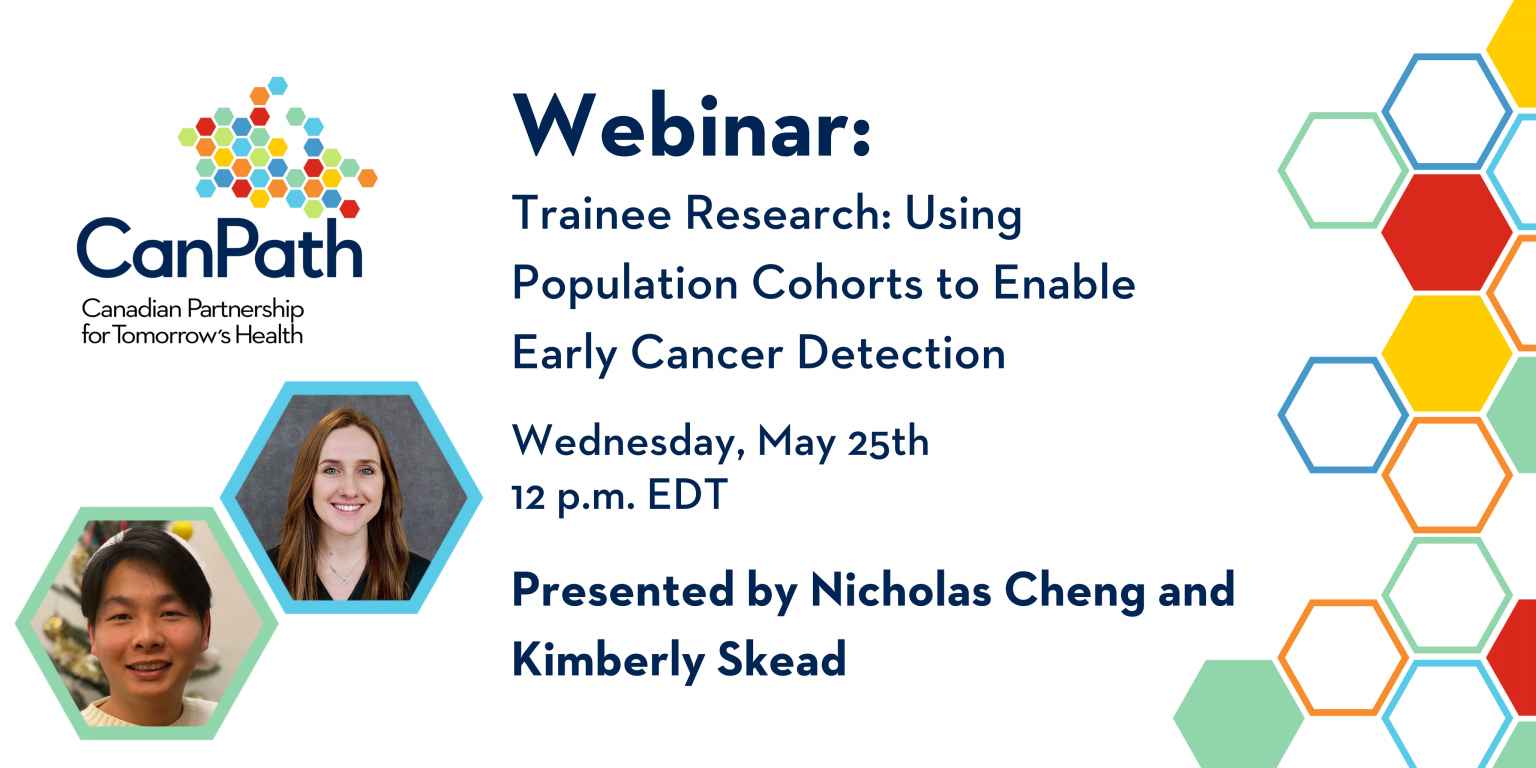For Researchers
Research Underway Using OHS Data
Diseases such as cancer, heart disease and diabetes are the primary causes of death in Canadian adults and treating these and other illnesses costs the Canadian health care system billions of dollars annually. The researchers using Ontario Health Study data are investigating factors that increase the risk of developing various diseases, as well as what can be done to reduce the chance of developing them. These risk factors may include where people live and work, what they eat, how much they exercise, whether they smoke and other factors that have not yet been identified.



